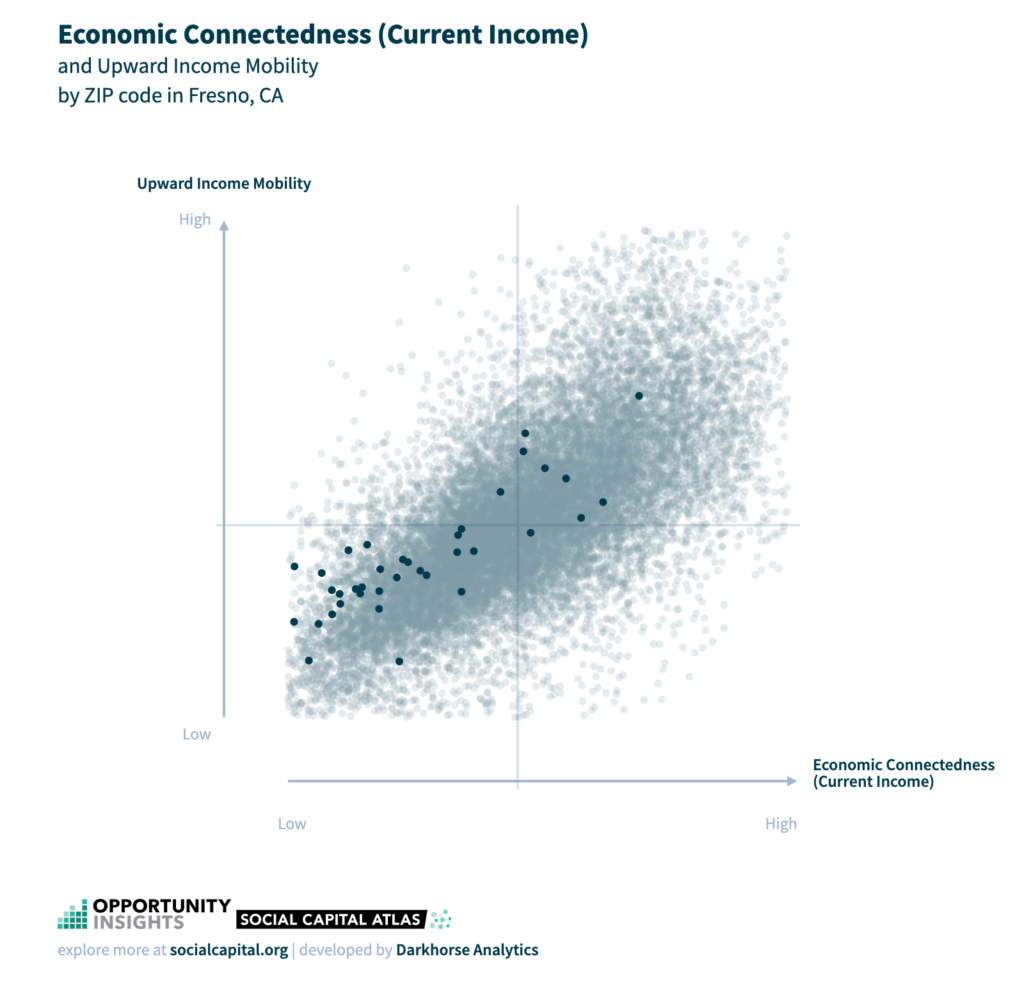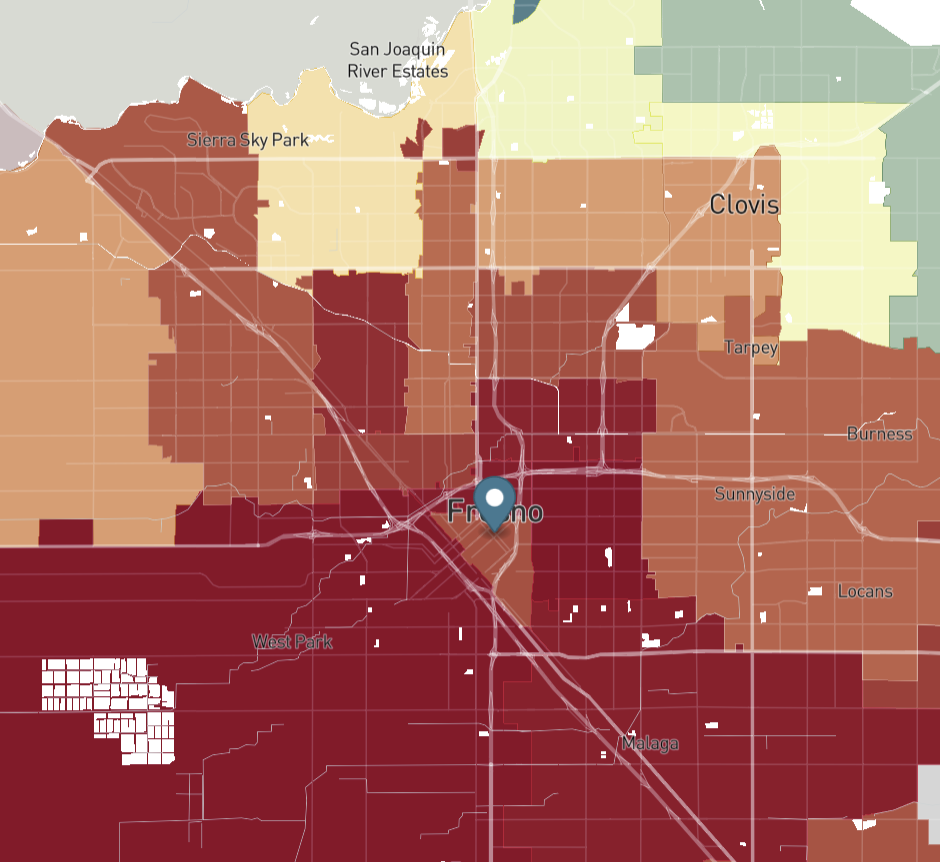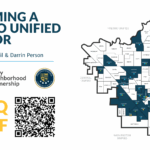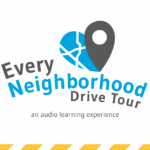Over the last 3+ years, ENP has been a part of a local initiative called The Fresno D.R.I.V.E. Initiative (Developing the Region’s Inclusive and Vibrant Economy). One of the central values is that together we want to create an inclusive, vibrant, and sustainable economy for residents in the greater Fresno region.
We know that Fresno lags behind in economic development and what we have learned over the years is that we are one of the least economically mobile cities in the United States. So how do we change that?
DRIVE recently brought out Dr. Matthew Jackson of Stanford University, who is the William D. Eberle Professor of Economics and Economics Department Chair at Stanford University, to share some of his findings.
In August 2022, Jackson co-authored a landmark study, utilizing the anonymized Facebook data of 84% of the entire US population ages 25-44, revealing the strong connection between cross-class social capital (or “economic connectedness”) and upward economic mobility in communities.

I wanted to share some of our reflections and the information we learned:
- Economically diverse communities matter. We need neighborhoods, schools, and churches that are diverse. When we don’t have that, we limit the future for poor families. Professor Jackson and his coauthors observe that Economic Connectedness is the social capital measure that correlates the most with economic mobility. This means that children with more friends of high socioeconomic status tend to have higher rates of upward mobility.
- Question… how can we advocate for more mixed-income neighborhoods in Fresno?
- “Pull yourself up by your bootstraps” is a myth. This data and the Fresno story show us that something as simple as your neighborhood either expands or limits your future. That shouldn’t be!
- Question… why does this myth remain?
- Just because you are around folks of various economic backgrounds doesn’t mean you will become friends. If you look at the datasheet provided, you will see different types of high schools in the Valley ranked. The research showed that schools like Edison, which has high-achieving and middle/upper-income students, still lack economic connection. Students are siloed by programs and tracks.
- Question… in all the groups we foster, how can we create cross-economic relationships?
- Neighborhoods are often not diverse economically and without intentional programming are not places where many find community. Individualism and “safety” have pulled neighborhoods inward. We need groups that are doing intentional community building if neighborhoods are going to be a place of cross-economic connection. We also need to design mixed-income neighborhoods for the brightest future.
- Question… What are the best ways to pull together diverse groups in one single neighborhood?
- Church is still an amazing place to build community. Churches were one of the strongest environments for folks of different economic backgrounds to become friends.
- Question… how can we help the church see that the Beloved Community can be a model for economic development and do more intentional social and economic development?
We long to see a community that is connected. The vision of Shalom or a community where everything is right in, for, and between everyone. We know that this takes designing our community differently and creating spaces where we can build cross cultural connections. May this research challenge us to new ways of seeing in Fresno.







1 comment
Join the conversationBreaking Free from Broke Mindsets: Why Your Old Friends Might Be Keeping You Poor - September 1, 2024
[…] Economic connectedness is key for upward mobility. That means having friends across different income levels. […]